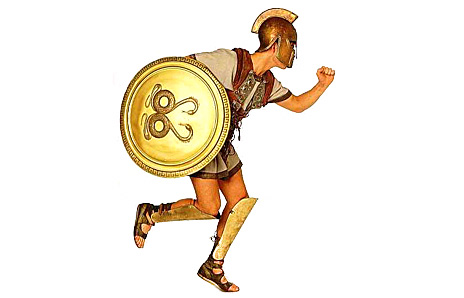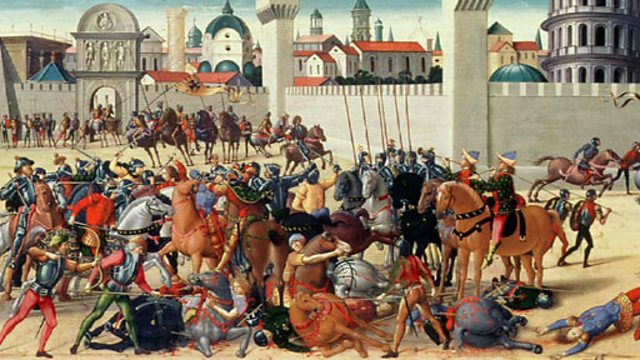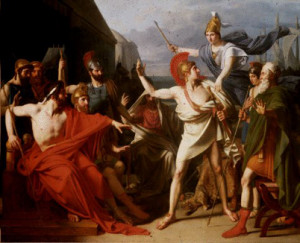


Later, he added Russian to his repertoire and knew when to strategically deploy his language skills.Īfter moving to Russia, he dealt in raw materials for munition and made a lot of money. In only a year, he learned Dutch, Spanish, Italian and Portuguese. His ability to learn languages helped him. He finally reached Amsterdam after many detours, where he found a job as a messenger at a trading post. Growing up with eight siblings in a pastor's family, he was unable to continue formal education, so he began a business apprenticeship. To view this video please enable JavaScript, and consider upgrading to a web browser that supports HTML5 video Businessman, gold prospector and archaeologistįor the adventurer, antiquity was a life dream, although his career initially led him on a different path. Schliemann was so convinced he had found the Troy of antiquity and of Homer's poems that he asked the US embassy to support him. He got the official permission for excavation only a year later, on October 11, 1871. Schliemann clung to his ambition for more than 40 years, until he began with unauthorized excavations in 1870 at Hisarlik, in present-day Anatolia in Turkey. The boy firmly believed that there should be at least some remains of the city walls, and dreamed of unearthing Troy. An enduring myth: the Trojan horse, shown here in the 2004 film 'Troy' Image: picture-alliance/United Archives Heinrich Schliemann's fascination for Troyīorn on Januto a pastor's family in present-day Mecklenburg-Western Pomerania in northern Germany, Heinrich Schliemann developed his fascination for Troy as a child the 7-year-old was particularly impressed by a picture of the burning city in the book "Weltgeschichte für Kinder" (World History for children). "The ancient excitement regarding the Greeks and Romans has been carried over to this day," Baltrush says. Homer's "Iliad" had a huge significance even in antiquity. "Despite its location in Asia minor, Troy marks the beginning of European history," says Ernst Baltrush, professor for ancient history with focus on Roman history at the Free University of Berlin. His "Iliad" fascinated innumerable generations and in this manner, the lost city remained alive in people's minds.

The Greek poet Homer created an epic of antique world literature from this story. The warriors hide within a wooden horse, which the unwitting residents of Troy pull into the walls of their city. They besiege Troy for 10 years, but only through cunning do they finally find her. Its aim: to bring back Helen, the most beautiful woman in the world, back to Greece.


 0 kommentar(er)
0 kommentar(er)
